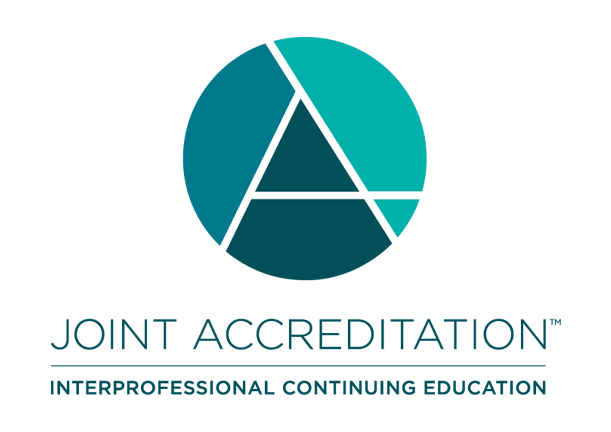
NEW! Full-Day Intensive Workshop for Residents and Fellows
- Morning session in the anatomy lab (featuring cadaver head prosections)
- Lectures
- The Psychology of Aesthetic Medicine: Communicating with your Patient
- Recognizing and Managing Complications
- Afternoon PALETTE Hands-on Workshop
During the morning session, faculty will guide you through expert prosections that exquisitely demonstrate structural changes associated with aging as well as clinically relevant anatomy with expert mentoring on improving injection technique and minimizing complications.
The afternoon session will provide practical instruction to nonsurgical facial rejuvenation approaches in the upper and lower face along with expert mentoring on injection techniques. This course specializes in the use of neuromodulators and HA fillers.
If you are participating in the one-on-one hands-on training portion of the program, injectable products and supplies will be provided.
Please note this program is for Residents and Fellows only. You must provide copies of your credentials in order to be confirmed.
Learning Objectives:
At the conclusion of the program, participants will be better able to:
- Interpret principles of facial anatomy and physiology, including gender- and ethnic-relevant differences and the effects of aging, in order to assess the need for nonsurgical facial rejuvenation
- Perform comprehensive and individualized patient assessment and manage expectations – in the context of relevant cultural and gender aesthetic considerations − in order to improve patient satisfaction
- Interpret areas of muscle activity and facial volume deficits as they contribute to aesthetic appearance, in order to properly target injection sites
- Demonstrate injection techniques for nonsurgical facial rejuvenation, in order to assure the most beneficial product placement
- Improve injection skills, in order to optimize patient outcomes
- Incorporate strategies for nonsurgical facial rejuvenation in younger patients, in order to optimize the quality of outcomes over time
- Recognize the normal and atypical anatomical positions of critical vascular and neurologic structures within the face, in order to assure patient safety and avoid/minimize treatment complications
Who Should Attend:
PY1 - PY4 residents and sub-specialty fellows training in Dermatology, Plastic Surgery, Ophthalmology/Oculoplastic Surgery, ENT/Facial Plastic Surgery..
Hands-On Injection Training Workshop Requirements:
Attendees will have the option to participate or observe during the hands-on training. If you are planning to participate, you must provide the following on-site:
- One model (Please ask your model to arrive at 1:00PM)
- A valid medical license (for the state in which the program takes place)
- A copy of your credentials documenting your current academic status as a resident or fellow.
- PLEASE NOTE: If you do not provide us with these Mandatory Documents, you will not be able to participate in the workshop.




